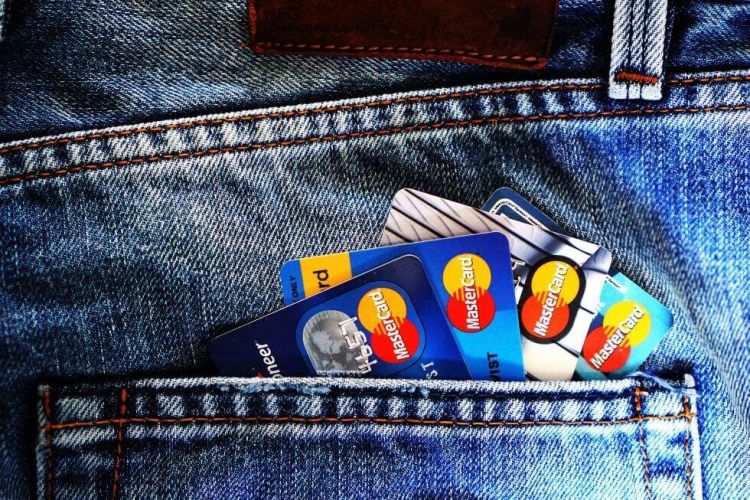Your credit reports contain information that potential creditors use to determine your creditworthiness. In a perfect world, your credit report would always contain information that’s 100 percent accurate, but unfortunately, that’s not always the case.The only way you’ll know if there are any errors is to periodically review your credit report. Your credit report should contain information about accounts you have authorized, and the payment history needs to be accurate. Errors can hurt your credit score, so if you find any errors, it’s important to dispute them. Dovly locates negative marks on your credit report and works to resolve them with the credit bureaus automatically. Our proprietary algorithm determines how to sequence and manage the disputes in a way that will get you the best results. The system communicates electronically with all three bureaus, who in turn communicate with credit data “furnishers” to correct errors. Furnishers include banks, lenders, credit card issuers, and collection agencies – essentially anyone that reports information to the bureaus. This process can take about 30-45 days per dispute.
What Can Be Disputed on a Credit Report
Errors or inaccuracies on your credit report should be disputed with the credit bureau. The types of errors you’re looking for include:
- Personal information. Check to make sure your name is spelled correctly, your address is accurate, and that your social security number is being reported correctly. Errors in this information could lead to someone else’s information being picked up on your credit report.
- List of accounts. Check that the list of accounts being reported represent only loans or credit cards that you have authorized or cosigned. If you see an account you never authorized, it could be because of human error, but it could also be a sign of identity theft.
- Account status. Look for closed accounts that are being reported as open, or open accounts being reported as closed. If you just closed an account, give it at least a few weeks before disputing it. Lenders report to the credit bureau once a month, so status changes may not show right away.
- Payment history. The history of how you’ve made your payments can have a big impact on your credit score and even one late payment can damage your credit. If you find a payment being reported as late and you know it’s inaccurate, you’ll need to dispute it.
- Account balance. Incorrect loan amount, credit limit, or current balance can be disputed.
- Out of date items. Bankruptcy can remain on your credit report for ten years. Other negative items should only appear on your credit report for seven years. If you find negative items older than that, they can be disputed.
Is There Anything You Can’t Dispute?
Anything you find on your credit report that’s inaccurate should be disputed. The more proof of the error you can provide, the better the chance of the item being corrected. You aren’t allowed to repeatedly dispute the same item. Identical disputes that have already been processed don’t have to be re-processed and may be considered frivolous. If the creditor refuses to correct the error, you can add a statement of dispute to your credit report explaining why you think the item is inaccurate. Potential creditors have access to this information and take it into consideration when processing an application.
Improving Your Credit Reports
If the process of reviewing your credit reports and disputing inaccuracies sounds overwhelming or confusing, get in touch with Dovly. We can help you review what’s on your credit report and guide you through the process of improving your credit. 92% of Dovly customers see results in 6 months or less, many in just 30 days. It all depends on your situation, and every case is slightly different. Find out more about what we can do for you today.



